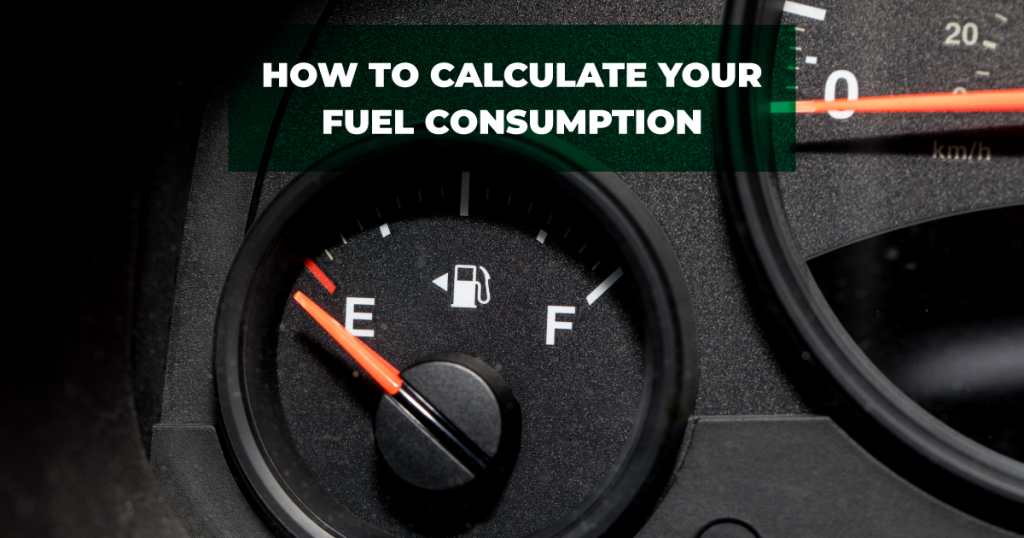Fuel consumption goes a long way in monitoring the thermal efficiency of the engine plus the summation of all factors including driving style and load. Doing a fuel consumption calculation is easy. That is if you know the covered distance and the amount of fuel used to travel that distance.
The best way to record is to measure a long trip, say going up country to get accurate figures.
Here’s what you need to calculate your fuel consumption:
- Fill your tank to the maximum with fuel.
- Record the current odometer reading, then reset the trip to zero.
- Proceed with journey until the end.
- Fill up the tank once empty (after the trip)
- Note down how much fuel you used during the journey.
- Record the current odometer reading to measure how many kilometres you have covered since last top up. Your trip A/B will also give you accurate mileage since last filled up the vehicle.
- To get the total distance travelled by the total litres of fuel used. Example: 400 km / 50 litres = 8 km’s per litre.
- To find what your car’s average fuel economy is, multiply the amount of fuel used by 100 and divide that by the total kilometres driven. Example: 50 litres x 100 / 400 = 12.5 litres / 100km.
Why Fuel Calculation is Important

Remember fuel consumption also is affected by various factors including load, driving style, altitude, condition of tires and so much more.
Understanding your vehicle’s fuel consumption also helps you understand your drive style and can save you a lot of money in the long run.
If you operate a fleet of vehicles you can indeed extract information about which driver drives efficiently and that will help you in making some business decisions.
Modern cars have trip computers that can actually calculate various parameters including instant fuel consumption, average fuel economy and some understand driver style and advises the driver to shift gears to maintain good fuel economy.
Conclusion
You can use this method of calculating fuel efficiency randomly to compare the fuel consumption figure. If you find any discrepancies on the variation of fuel consumption, it may be an indication of engine trouble.
